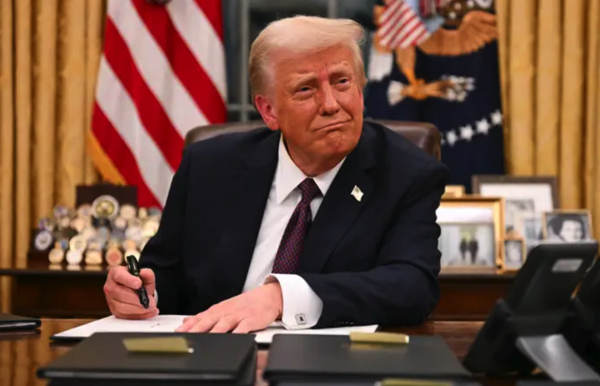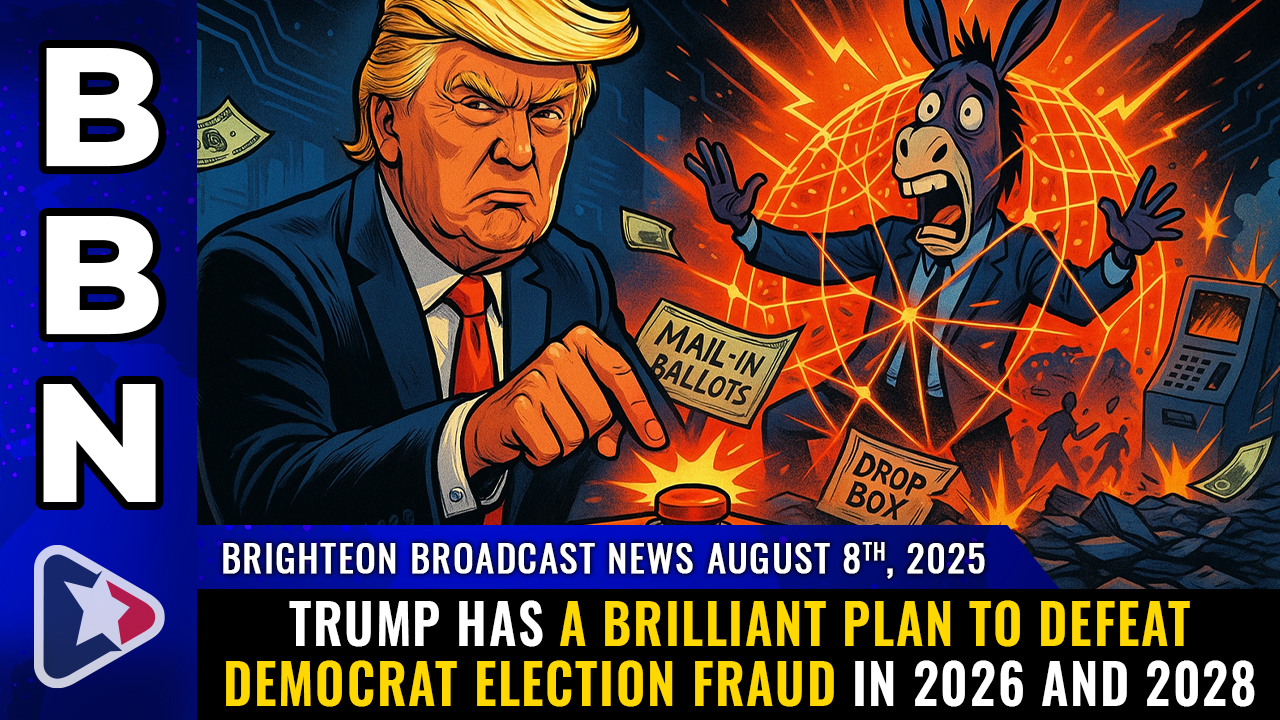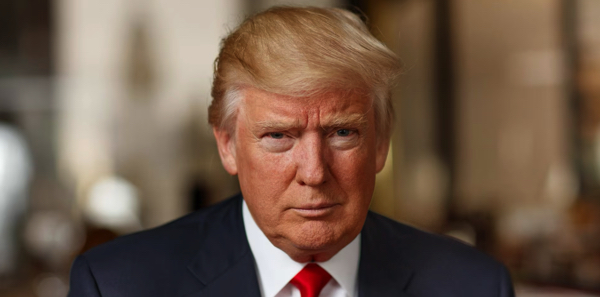 Parler
Parler Gab
Gab
- President Donald Trump announced 25 percent tariffs (plus extra penalties) on Indian goods, effective Aug. 1. The move is retaliation for India's continued trade and military ties with Russia, despite U.S. pressure over the Ukraine war.
- India insists it will negotiate trade deals "from a position of strength," not due to threats. The Indian government may retaliate to protect farmers and small businesses if tariffs take effect.
- India relies on Russia for military equipment and cheap oil, making a sudden shift difficult. U.S. tariffs could hurt Indian exports (textiles, pharmaceuticals, machinery) and benefit competitors like Vietnam and Bangladesh.
- The tariffs could push India closer to Russia and China, undermining U.S. efforts to counter China in Asia. Similar U.S. trade actions against Europe led to calls for reduced reliance on America, and India may do the same.
- Economists doubt tariffs will force India or Russia to change policies; they often lead to inflation and mutual economic harm. The move risks damaging U.S.-India relations while failing to achieve its goals, potentially benefiting China. Trump's tariffs could backfire, hurting both economies and weakening U.S.-India ties. India is unlikely to yield, setting the stage for a prolonged trade conflict with broader geopolitical consequences.
Why India won't cut ties with Russia
For decades, India has relied on Russia for military hardware and energy, and those ties are hard to sever overnight. Despite Western sanctions, New Delhi has continued buying discounted Russian oil, arguing it needs affordable energy for its massive population. Military cooperation is even trickier. Most of India’s defense equipment is Russian-made, making a sudden shift to U.S. or European suppliers costly and logistically daunting. Trump's tariffs could disrupt the balance. If Indian exports to the U.S. become more expensive, demand could drop, hurting industries like textiles, pharmaceuticals and machinery. Meanwhile, competitors like Vietnam and Bangladesh – who are already benefiting from lower labor costs – might gain an edge in the American market. The immediate victims of Trump's tariffs will likely be Indian exporters and small businesses. Ajay Sahai of the Federation of Indian Export Organisations warned that the penalties could negatively affect the demand for Indian goods, especially if the additional measures remain vague. Agriculture is another flashpoint. The U.S. has long demanded greater access to India's farm sector, but New Delhi has resisted, fearing a flood of American dairy and produce could devastate millions of small farmers. With livelihoods at stake, Modi’s government is unlikely to cave, even if it means prolonged trade friction.Will the tariffs work?
The tariffs also risk undermining Washington's strategic goal of countering China by strengthening ties with India. For years, the U.S. has courted New Delhi as a democratic counterweight to Beijing. But punitive trade measures could push India closer to alternatives, such as deeper cooperation with Russia and China in forums like BRICS (Brazil, Russia, India, China, South Africa). Europe's reaction to Trump’s tariff-heavy approach offers a cautionary tale. After the U.S. imposed duties on EU goods, French President Emmanuel Macron declared that Europe must become more self-reliant, signaling a potential shift away from American leadership. India, too, may seek other allies if it feels the U.S. is an unreliable partner. Economists are skeptical about the tariffs. While Trump frames tariffs as a tool to boost American jobs and reduce deficits, history suggests they often backfire. Higher import costs can lead to inflation, hurting U.S. consumers and businesses that rely on foreign goods. Past trade wars showed that tariffs rarely force capitulation; instead, they provoke retaliation and economic pain on both sides. Even Trump has admitted uncertainty, conceding that the penalties "may or may not affect" Russia. If the goal was to pressure Moscow via India, the move could prove ineffective while alienating a key ally in the process. The Modi government has signaled defiance, but prolonged tariffs could strain an economy already grappling with inflation and unemployment. Watch the full video below about Trump's gold strategy and financial warfare, as shared by Andy Schectman. This video is from the Health Ranger Report channel on Brighteon.com.More related stories:
Trump secures sweeping trade deals with Japan, Indonesia and the Philippines. Brazil defies Trump, strengthens BRICS ties amid tariff threats. Health Ranger Report: Andy Schectman on Trump’s strategic moves and the looming financial shift. EU submits to 15% Trump tariffs in new U.S. trade deal. Sources include: RT.com PBS.org BBC.com Brighteon.comTrump’s census recount plan: Excluding illegals to flip 30-40 house seats in GOP favor
By Finn Heartley // Share
Shield Arms unveils modular pistol system: Glock-compatible firearms with aluminum frames
By Finn Heartley // Share
Trump’s $50B tariff policy shakes global markets as U.S. eyes manufacturing dominance
By Willow Tohi // Share
FAA scrambles to hire 9,000 air traffic controllers by 2028 amid safety crisis
By Cassie B. // Share
Governments continue to obscure COVID-19 vaccine data amid rising concerns over excess deaths
By patricklewis // Share
Tech giant Microsoft backs EXTINCTION with its support of carbon capture programs
By ramontomeydw // Share
Germany to resume arms exports to Israel despite repeated ceasefire violations
By isabelle // Share










